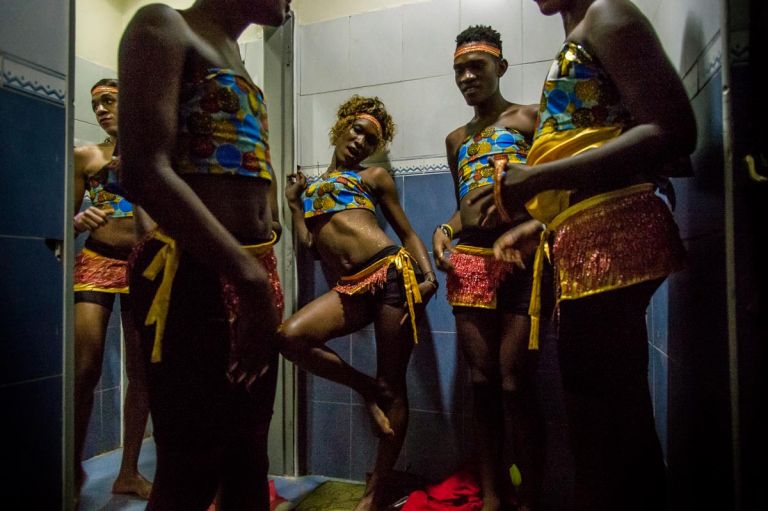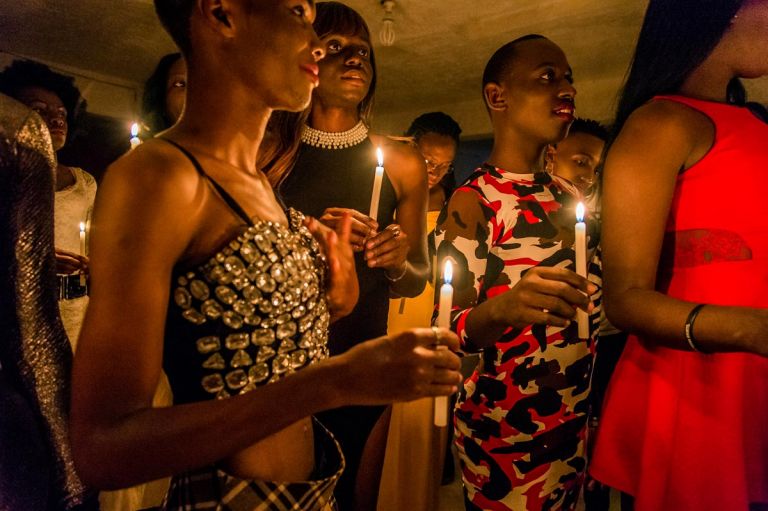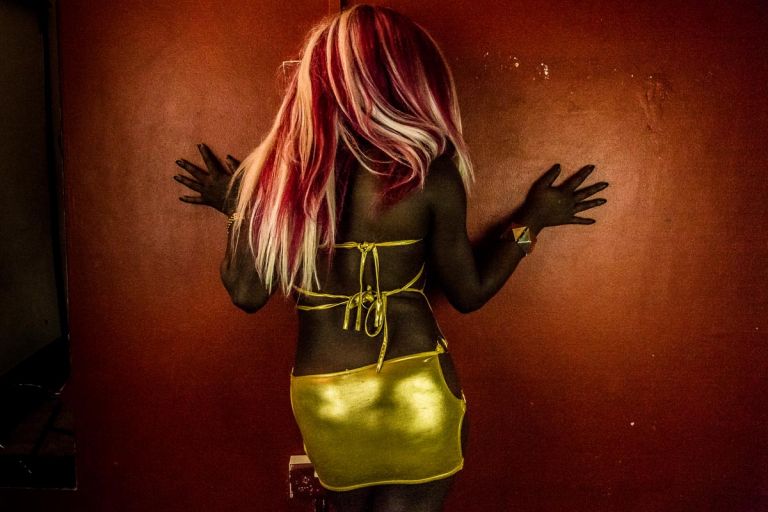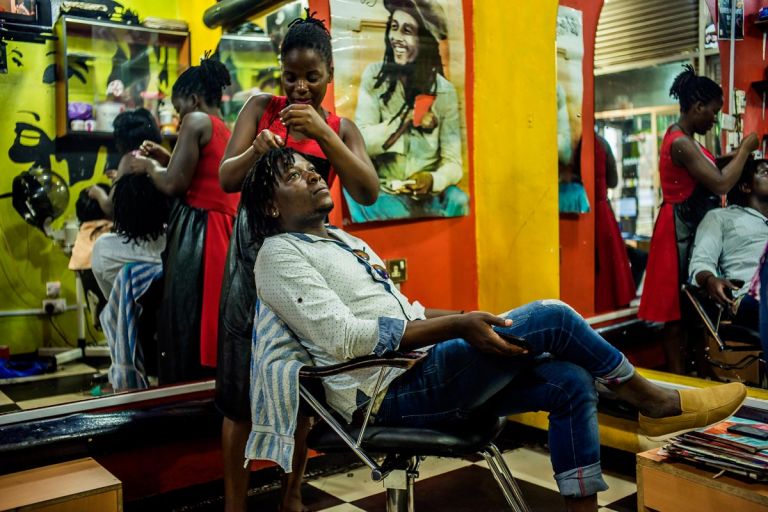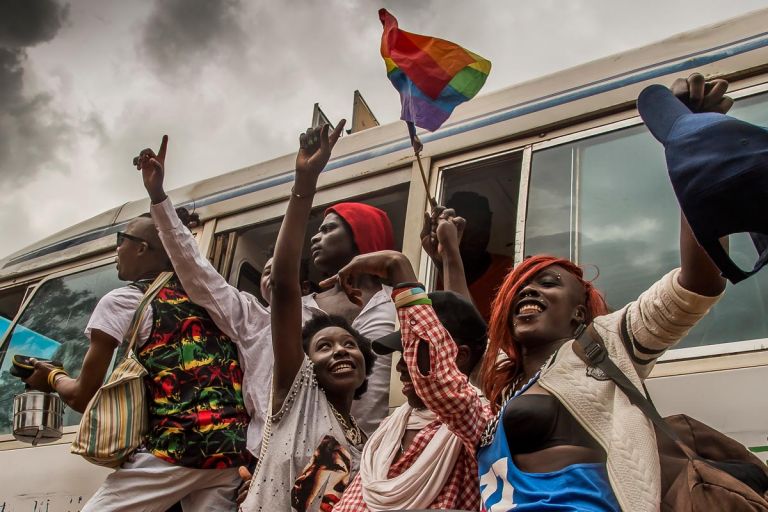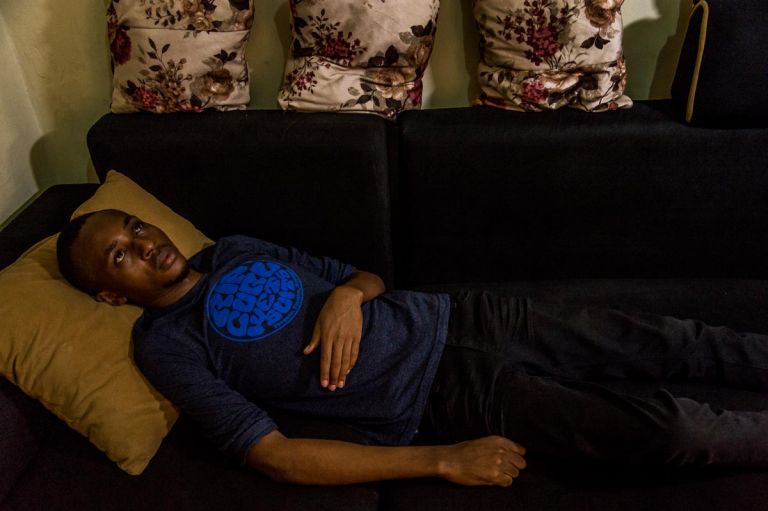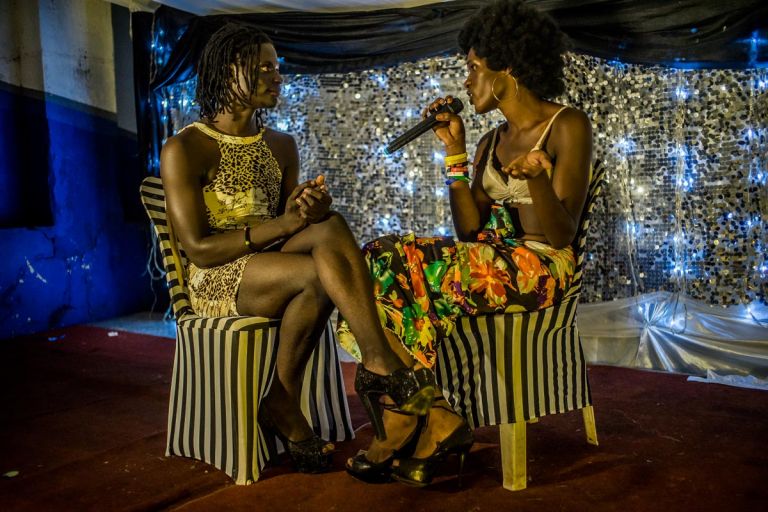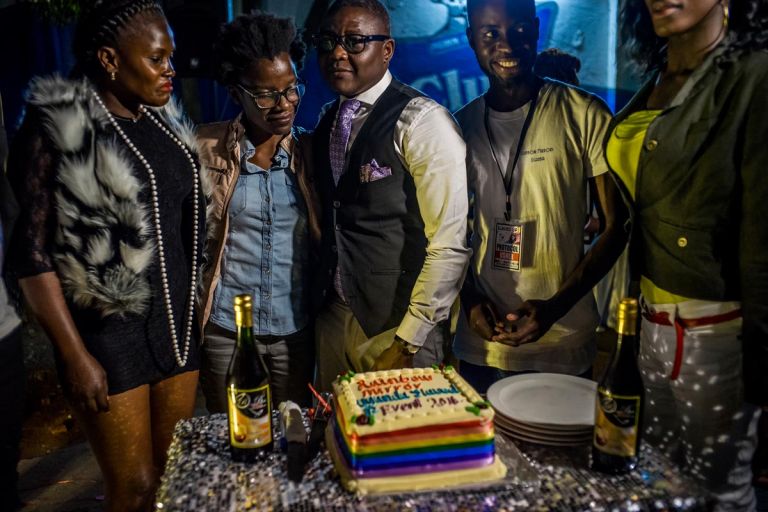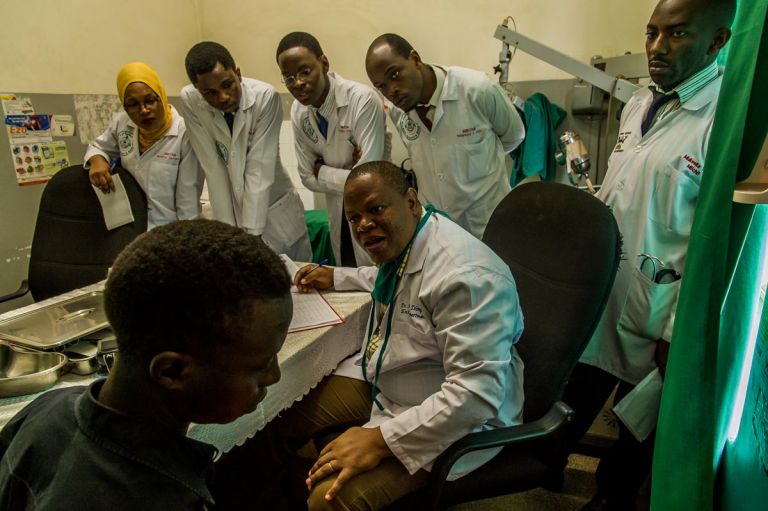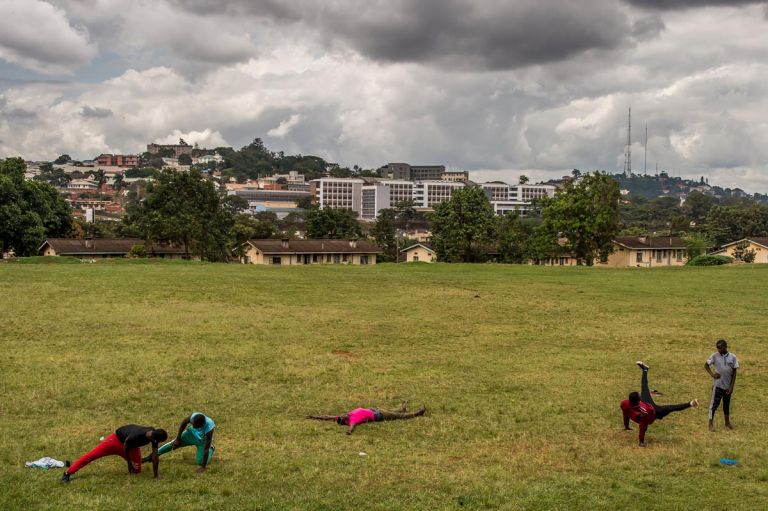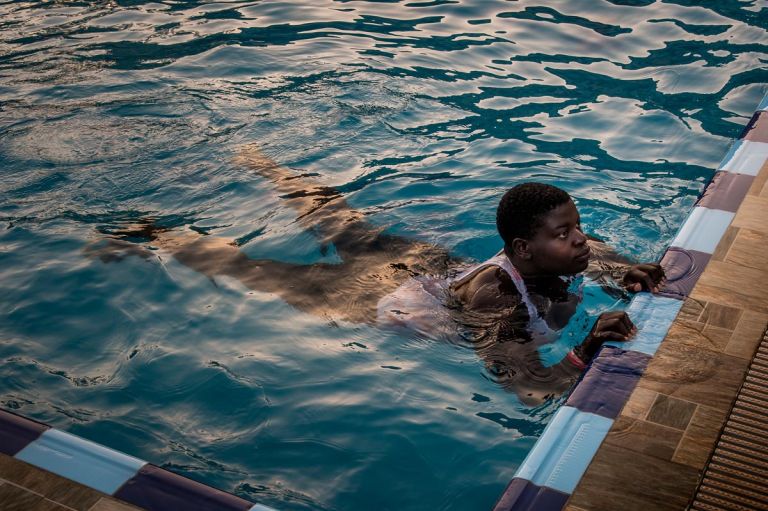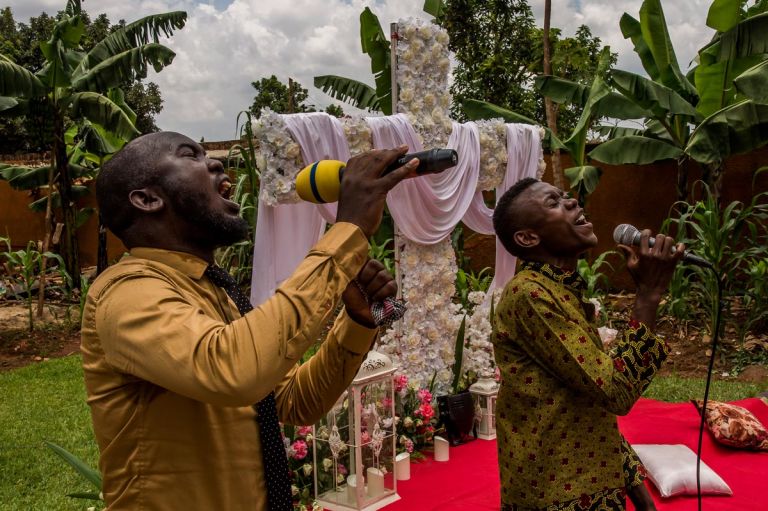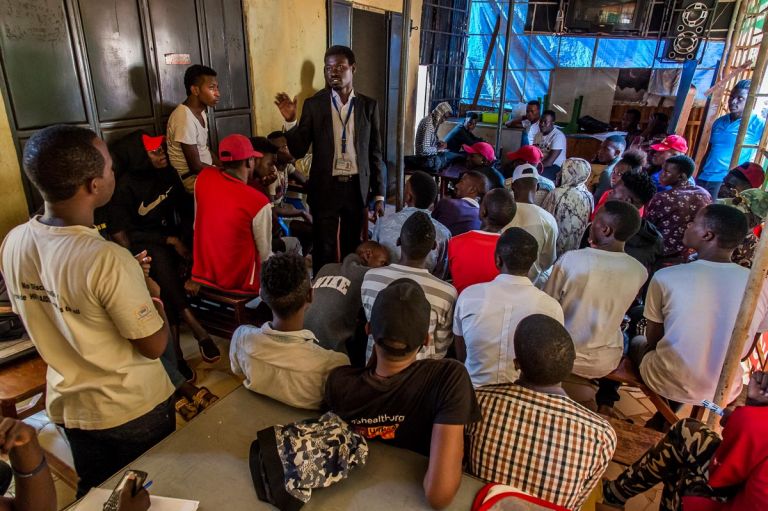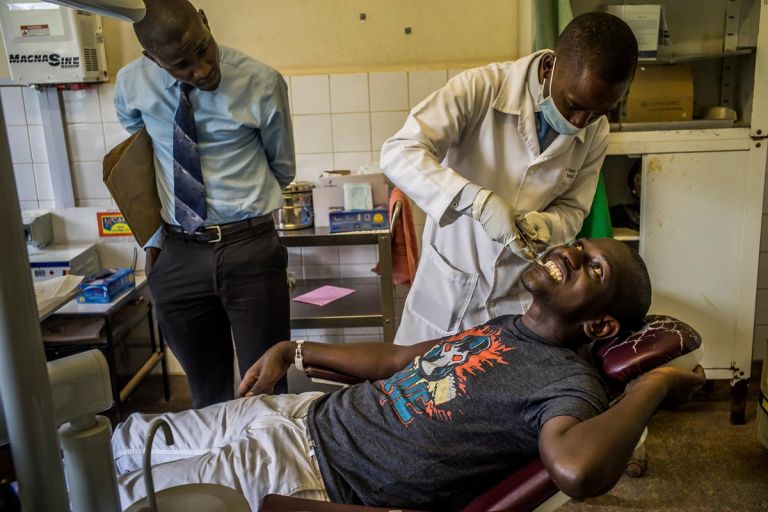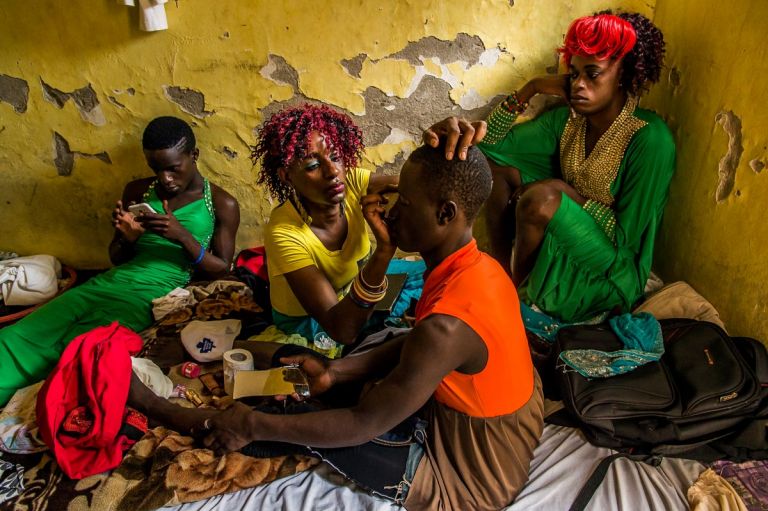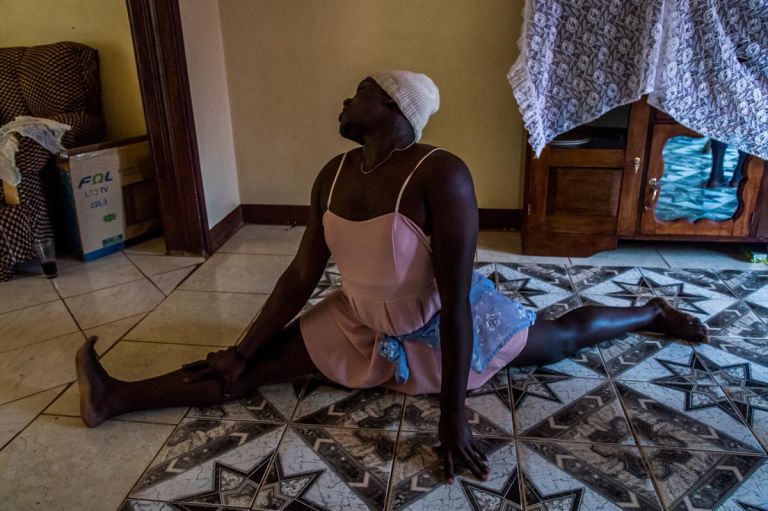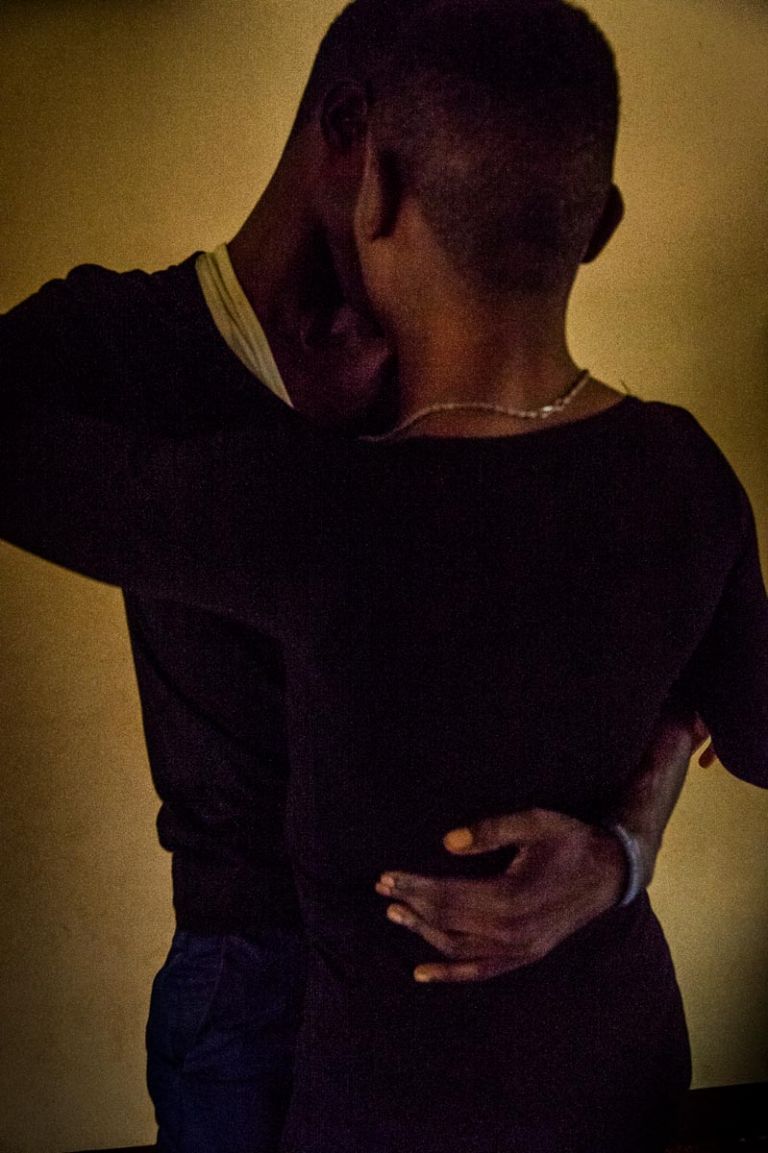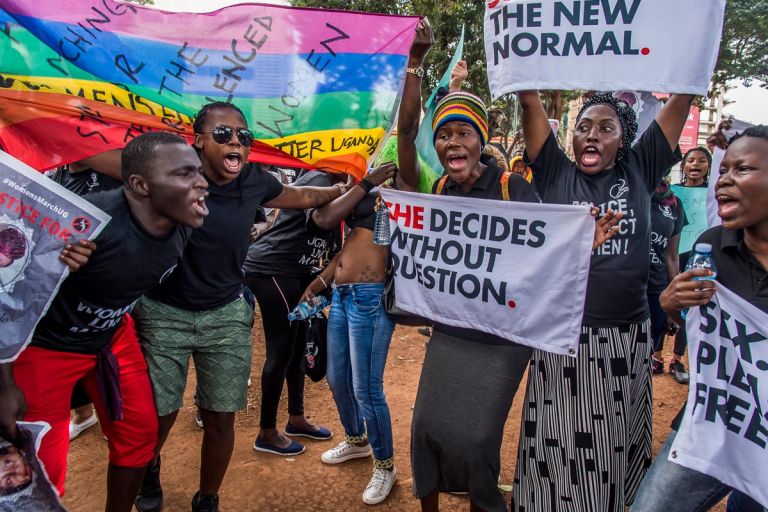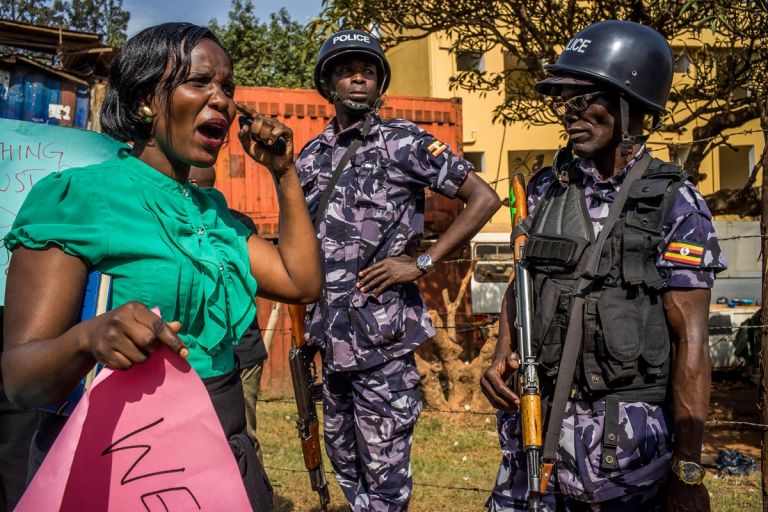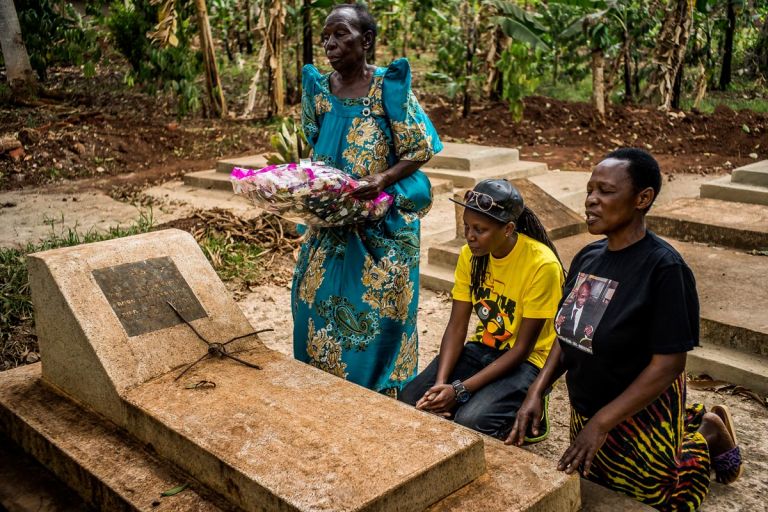According to ILGA 2019 figures, 70 countries has an anti-gay legislation worldwide. In 33 countries in Africa, LGBTI communities are ignored, stigmatized or exploited for political gain by governments invoking tradition or culture to explain why “these people” are not wanted in society, arguing that homosexuality is a deviant practice imported from the West, totally foreign to Africa. LGBTI rights seems the ultimate frontier of Human rights.
Uganda has repeatedly endeavored to toughen its legislation. After a hasty vote late at night in December 2013, the “Kill the Gays Bill” was passed but later ruled null and void by the Constitutional Court as the vote had been held without the requisite quorum. President Museveni then referred to homosexuals as Ekifire, half-dead, at a rally in Kampala held to celebrate the passing of anti-gay legislation.
The 1950 Criminal Law Code introduced under colonial rule with its “anti-sodomy law” is now being enforced again. Since, prominent politicians promised regularly to resume the anti-gay crusade.
Ugandan LGBTI are victims of physical, mental and social violence in their daily struggle to cope with the taboo that is so firmly entrenched and considered so reprehensible by their own friends and family. The best they can hope for is that friends and family simply refuse to face the facts; the worst is total rejection. In Uganda, where there are no social services, coming out means social isolation, a life where it is virtually impossible to find a job, a home or any meaningful human existence.
Survival is a schizophrenic exercise, having to live in hiding to find peace. And yet there are activists who refuse to live in denial, who are determined to fight for their rights, refusing to live in fear. Together their courage is stronger and they are driven on by their unshaken beliefs, encouraging members of the LGBTI community to come out, to be seen, and to challenge society.
